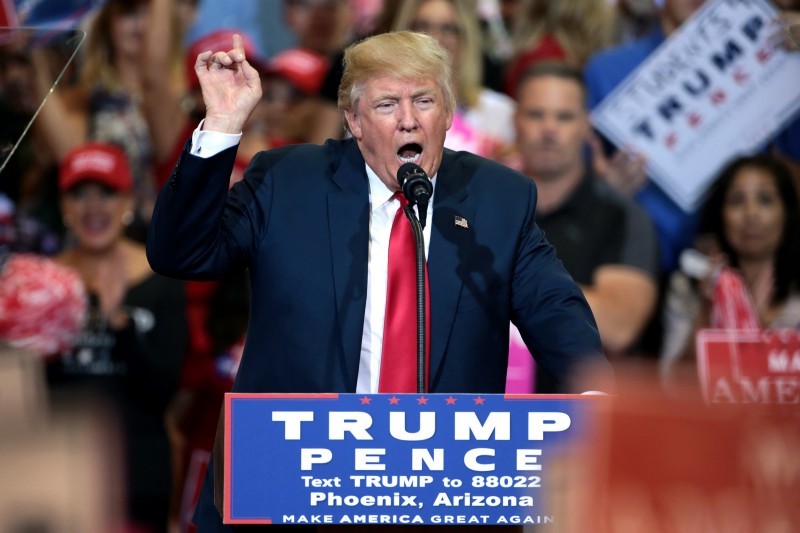“Trump’s worst impulse control is when he’s tired or overstretched,” tweeted New York Times political correspondent Maggie Haberman, who has been covering the newly inaugurated President for over a year.
Haberman tweeted a series of reflections about Trump’s first few days in office, underscoring how the President’s predilection for poor sleep negatively influences his behavior.
Trump has previously boasted about being able to function on only a few hours of sleep — which, unless you have a rare genetic mutation, is not really possible.
Haberman’s observations about a sleep-deprived Trump are backed up by science, as well: a person who spends 17–19 hours awake performs tasks as if they’re tipsy, with the equivalent of a blood alcohol level of 0.05, according to an article by the McKinsey group in 2016 outlining the link between effective leadership and sleep. A person who wakes up at 6 a.m. and goes to sleep at 2 a.m. has the performance equivalent of someone with a blood alcohol level of 0.1%, which, as the piece notes, is over the threshold for being legally drunk in the U.S.
In addition to performing as though you’re drunk, studies show that sleep-deprived leaders are worse at making decisions, more distrustful, and have impaired ability to recognize emotions, especially anger and happiness.
Originally published at journal.thriveglobal.com


